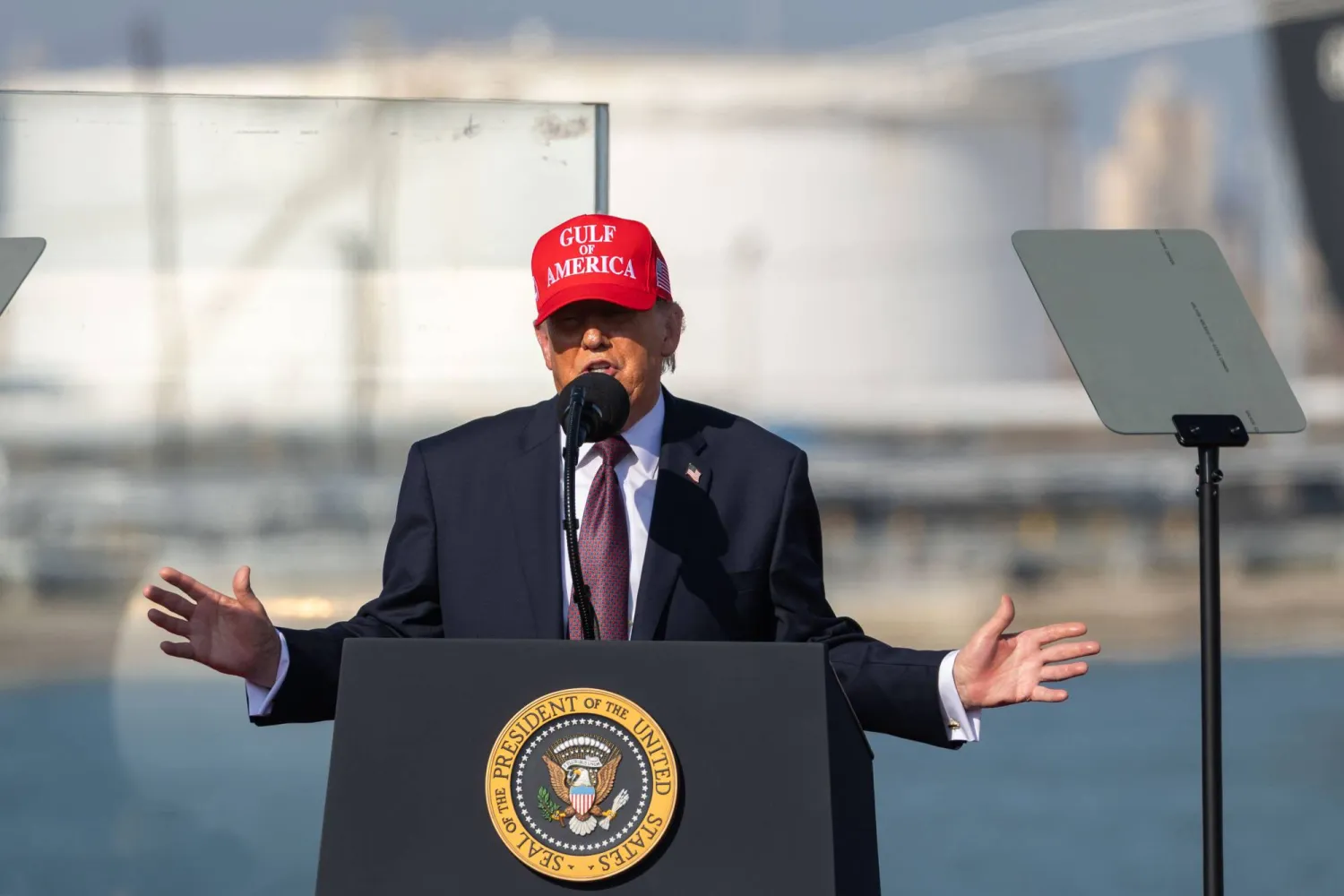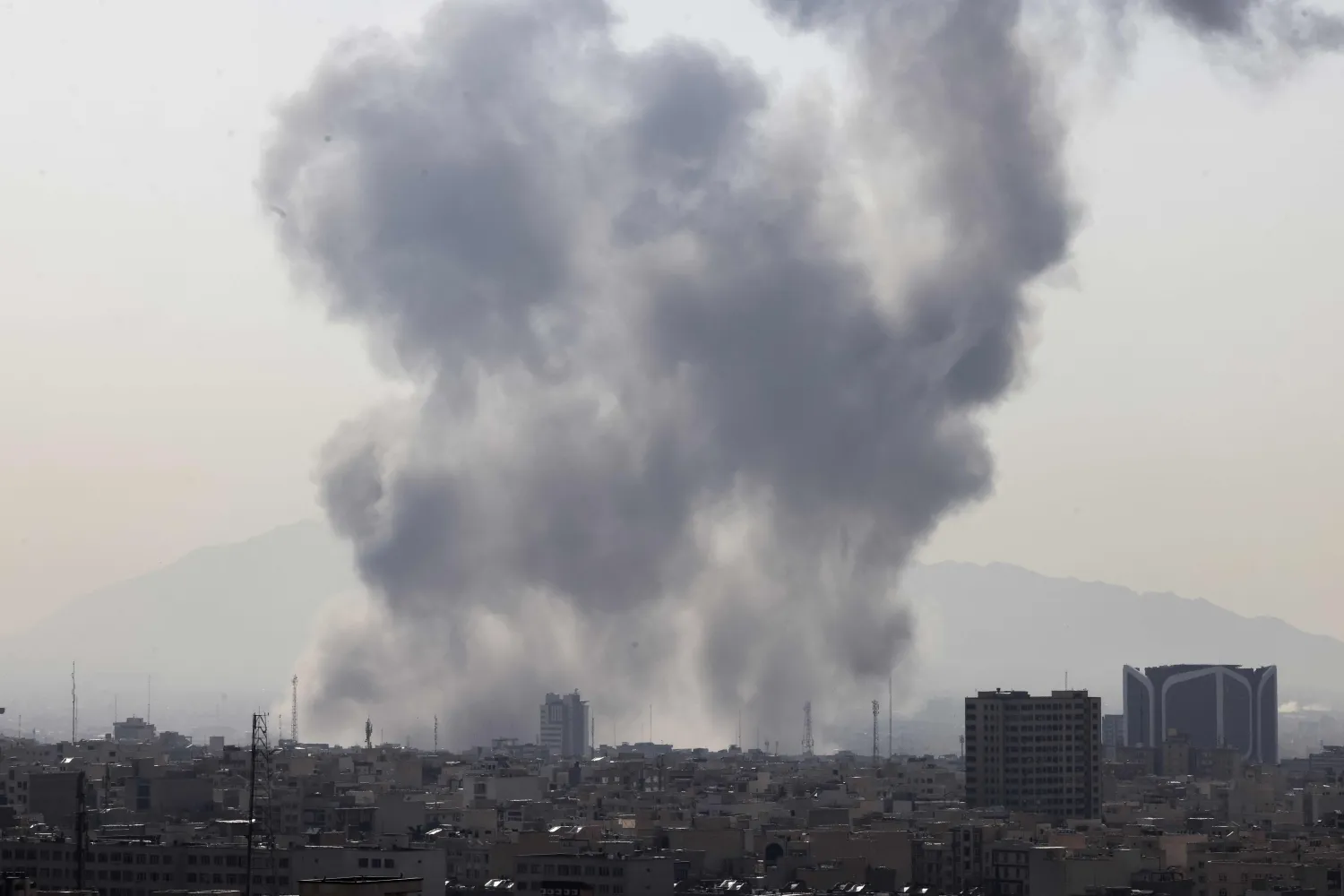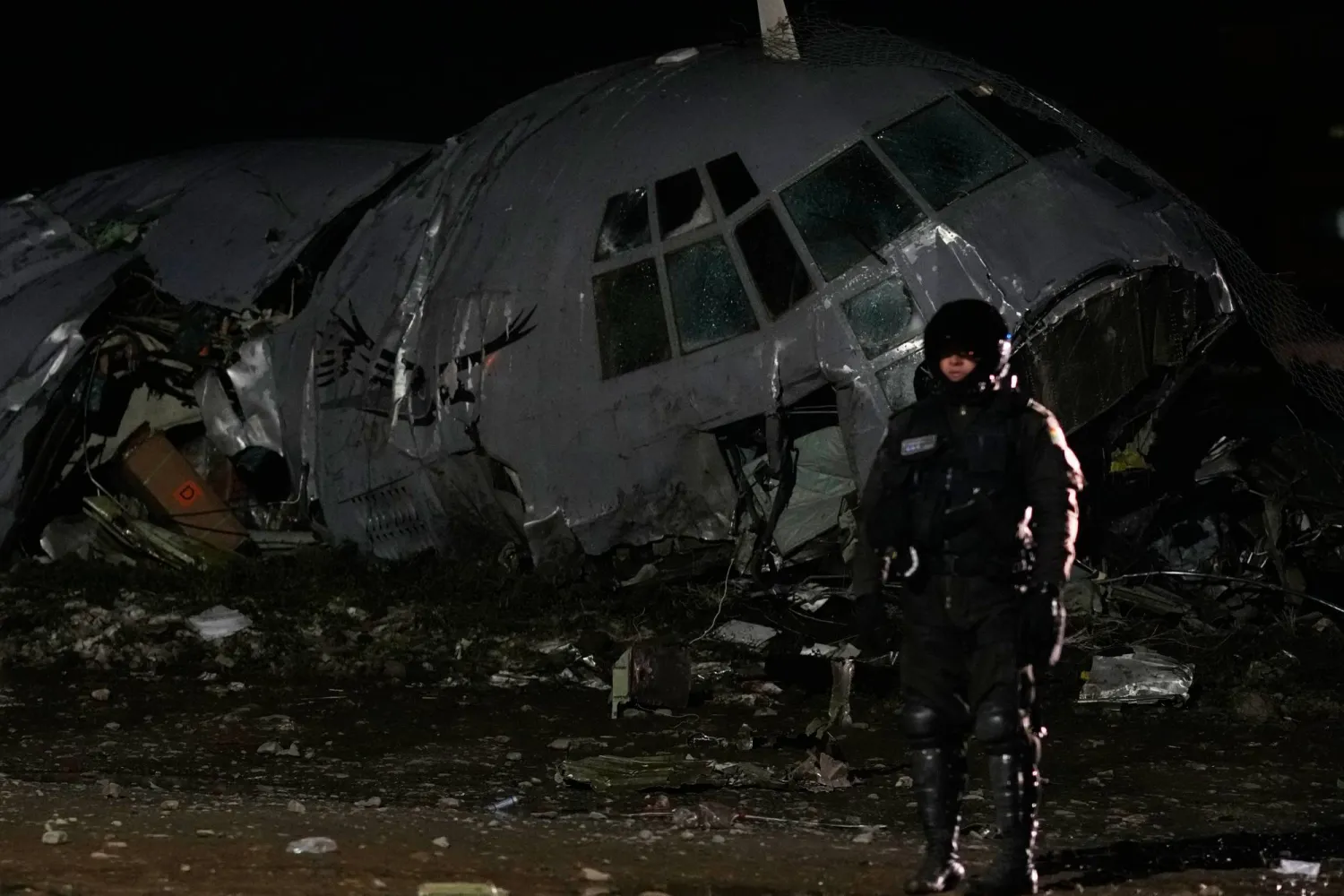Ethiopian Prime Minister Abiy Ahmed pledged on Wednesday to bury his government’s enemies “with our blood” as he marked the start of the war in the Tigray region one year ago.
Abiy, who was awarded the Nobel Peace Prize in 2019, was speaking a day after a state of emergency was declared in the country and with Tigrayan forces threatening to advance on the capital Addis Ababa.
“The pit which is dug will be very deep, it will be where the enemy is buried, not where Ethiopia disintegrates,” he said in a speech at an event at the military’s headquarters in Addis Ababa.
“We will bury this enemy with our blood and bones and make the glory of Ethiopia high again,” said Abiy, who won the Nobel prize for settling Ethiopia’s longtime conflict with Eritrea.
A moment of silence was observed at the candle-lit ceremony to commemorate those killed on Nov, 3, 2020, when forces loyal to the Tigray People’s Liberation Front (TPLF) - including some soldiers - seized military bases in Tigray. In response, Abiy sent more troops to the northern region.
The TPLF led Ethiopia’s ruling coalition for nearly 30 years but lost control when Abiy took office in 2018 following years of anti-government protests.
Relations with the TPLF soured after they accused him of centralizing power at the expense of Ethiopia’s regional states - an accusation Abiy denies.
The conflict in Africa’s second most populous country has killed thousands of people, forced more than two million from their homes, and left 400,000 people in Tigray facing famine.
A joint investigation by the United Nations and Ethiopia’s state-appointed human rights commission published on Wednesday found that all sides fighting in the war had committed violations that may amount to war crimes.
The African Union said on Wednesday that its chair, Moussa Faki Mahamat, was following the escalation in Ethiopia with deep concern. He urged the parties to engage in dialogue.
Ethiopia’s neighbor Kenya increased security along the border.
Will Davison, senior analyst at the International Crisis Group think-tank, said the Tigrayan forces’ gains had increased pressure on Abiy’s government.
“Right now, it looks difficult for the federal coalition to hold off the Tigray forces’ advance, and some of their leaders have recently said that at this late stage they are not looking to negotiate with Abiy,” he said.
The Tigrayan forces are now in the town of Kemise in Amhara state, 325 km (200 miles) from the capital, TPLF spokesman Getachew Reda told Reuters on Wednesday, pledging to minimize casualties in their drive to take Addis Ababa.
“We don’t intend to shoot at civilians and we don’t want bloodshed. If possible we would like the process to be peaceful,” he said.
A regional analyst in touch with the parties to the war and who spoke on condition of anonymity said the TPLF was likely to hold off on any advance on Addis Ababa until they secured the highway running from neighboring Djibouti to the capital.
That requires seizing the town of Mille. Getachew said on Tuesday that Tigrayan forces were closing in on Mille.
Arrests
Abiy’s government imposed a six-month state of emergency on Monday with immediate effect, which allows it to order citizens of military age to undergo training and accept military duties.
It also allows authorities to arbitrarily arrest anyone suspected of collaborating with “terrorist groups” with a court order and detain them while the state of emergency lasts.
The government designated the TPLF a terrorist group in May.
After the emergency was announced, there were scattered reports of arrests of ethnic Tigrayans in the capital.
A woman at a private health clinic in the city told Reuters she had witnessed four doctors and one nurse, all ethnic Tigrayans, taken away by the police on Tuesday evening.
A resident said he saw police in the central Bole district randomly stopping people on the street and asking them to show their government IDs, which list ethnic identity.
“I saw three people arrested,” he said, speaking on condition of anonymity for fear of retribution.
Another woman said her husband, an engineer, was arrested by police while walking in the street speaking on his phone in his native Tigrinya language.
Two other people told Reuters there had been a number of arrests of Tigrayans on Tuesday in the districts of Bole and Lemi Kura.
The Addis Ababa police and a government spokesperson did not respond to phone calls requesting comment.
Two Addis Ababa residents said they would heed Abiy’s call to join the military’s fight against the Tigrayan forces.
“We all want to have a country, so we all should respond to the call,” said Merkeb Shiferaw, 28, an engineer. Some people in Addis Ababa were panicking over the situation but the city remained peaceful, he said.









